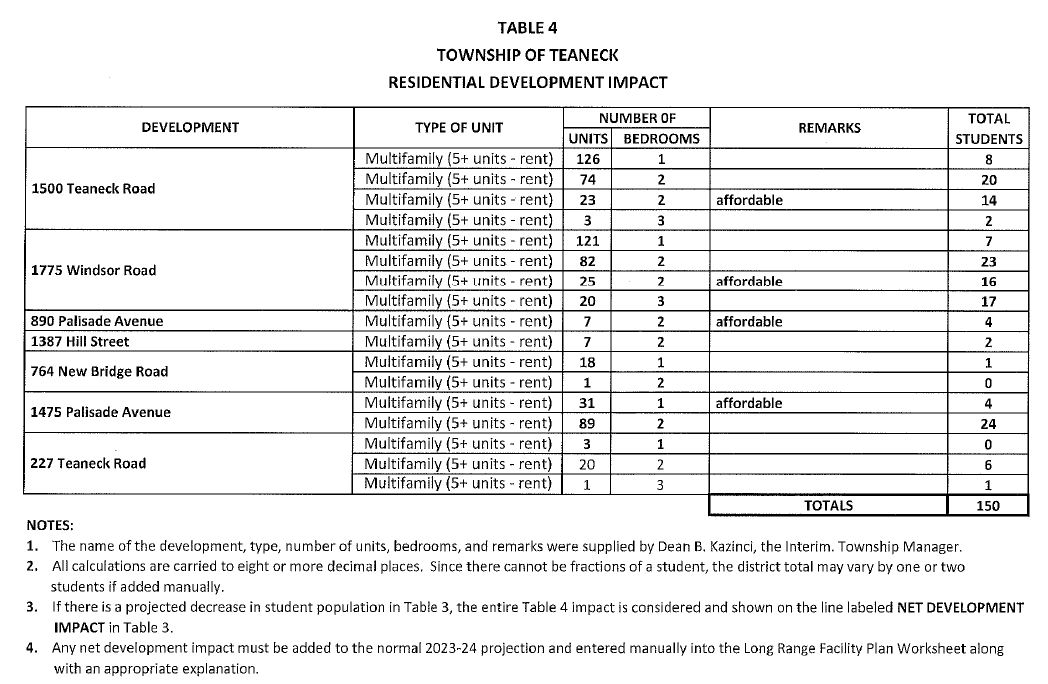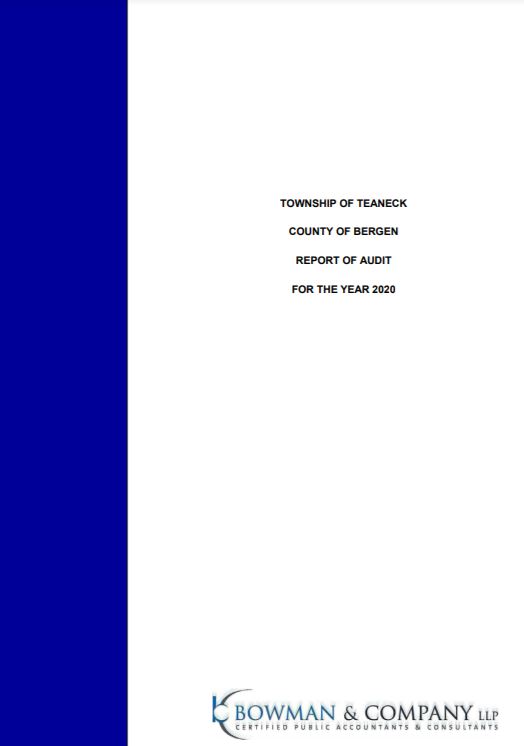By Mayor Jim Dunleavy
Teaneck Voters have started going to the Polls to vote for our Governor, Senate and Assembly Candidates, Board of Education Members, and State & municipal questions. I wanted to explain why I am opposed to both municipal questions.
Question 1 calls for the township to move our Council elections to November, joining the BoE, county, state, and federal elections, and questions on one ballot. I have heard the reasons being primarily to increase access. It is important to note that access to the polls in NJ follows the same rules for May and November Elections. Others mention the change could lead to increasing the number of votes cast in our elections. While certainly more people come to the polls in November, especially in presidential election years, the data show that the majority, unfortunately, do not vote down the ballot to local issues. I would submit that yes, they are coming to the polls, but not because they want to vote in their local elections.
I believe the move Question 1 is asking for has more political rather than altruistic motives.
Remember, BoE elections were moved to the Fall when then-Governor Christie waved the carrot of not having to get their budget approved via voter referendum, allowing the District to raise school taxes up to 2% per year without direct review of the voters. The change was not to increase voter turnout, but to control finances. I believe the move Question 1 is asking for has more political rather than altruistic motives. Some have stated what others have been thinking, that more votes will result in a different outcome for certain candidates – namely, those candidates that the group who petitioned for this referendum wish to retain. We have seen many different sets of statistics regarding this proposal, but my vision of Teaneck is not one where our residents are put in a position where local elections are an afterthought. Having attention split between our local candidates and questions amid state and federal elections does not allow the Teaneck voter to focus on what we need to decide for ourselves. This type of conflict is not necessary. We will also lose the ability to design the ballot for our township elections, a factor that has contributed to the issues with early voting on the new voting machines. A ballot that covers several pages that the voter has to scroll through is not progress. These new machines will be the ones used in future elections. It may also be worth noting that since 10 years have passed, a group has been seeking support for moving the BoE elections back to the Spring, enabling better options for budgeting for the sake of the students. Obviously, this would also let the public have greater input and control of their school priorities.
my vision of Teaneck is not one where our residents are put in a position where local elections are an afterthought
Question 2 calls for the township to pursue an energy aggregation supplier in the hopes of increasing renewable energy in Teaneck and the state. I do not know about you, but the more I read, the more confusing this system is. Some key questions every voter needs to ask themselves:
- “Will this energy aggregation program increase renewable energy sources that are homegrown in New Jersey”?
The answer is No, it will not. PJM, our regional transmission organization has had to buy RECs (renewable energy Certificates) which are “tradable, non-tangible energy commodities in the United States that represent proof that 1 megawatt-hour(MWh) of electricity was generated from an eligible renewable energy resource (renewable electricity) and was fed into the shared system of power lines which transport energy. (Wikipedia accessed 10/21)”.
They use these to meet the state mandate of 25% renewable power. PJM has the largest inventory of un-renewable inventory of all the regional transmission providers in It is also the ONLY interchange in the country that does not have a majority of clean sources for energy - Will my energy bill go down?
Well, maybe.
Savings have been seen in some towns, while others have not. The township will contract with an energy supplier recommended by a consultant. If the consultant cannot find a company that beats PSE&G’s price, everyone will remain with PSEG. I have seen average #s of $100-$150 savings over the course of these contracts (1-2 years) but there is no way to know until a contract between Teaneck and the aggregation company is completed. There is also the possibility that what happened in towns like Maplewood, could occur here – namely after their first contract was completed, they could not find a bidder for their second round. They had to move back to PSE&G only to have to change again a few months later. The residents then go through the same review of the new plan in order to determine if they want to opt-in or opt-out. This has happened in other towns as well. - Will everyone be automatically “opted in” the program.
There will be a window of time for you to take action to opt yourself out, otherwise, you are opted into the aggregation program.I’d also like to note:– The township and four other New Jersey towns are being targeted by Food and Water Watch, an international environmental group that is supporting the referendum efforts. Part of their activities includes soliciting dollars for their PAC, which, anecdotally, I have heard, has already started. In addition, a recent report from a fact-checking organization, Food and Water Watch – Media Bias/Fact Check (mediabiasfactcheck.com) states:
“Overall, we rate Food and Water Watch left biased based on environmental positions that always favor the left. We also rate them Mixed for factual reporting due to not always adhering to the consensus of science and the use of poor sourcing techniques.”– Our current chair and a previous chair of the environmental commission have already stated their misgivings about the program and both recommend against it at this time.
In conclusion, we have a program proposal that is confusing, does not guarantee savings and incentivizes profits which inhibit the creation of renewable energy sources in New Jersey.
This will not affect our environment here in Teaneck.
Instead, we need to fully examine whether this is right for Teaneck. Realize also that this is not the only chance to enter into an energy aggregation program.
Do not feel time pressure. We can start it at any time without a referendum when we see that it is right for Teaneck.
Like you, I want all the sources of our energy to be renewable. However, when I see PSEG pouring billions into meeting their goal of a 50% reduction in their carbon footprint by 2030, 5 years earlier than the state goal along with township initiatives such as putting in electric charging stations, I see better in-state solutions that will have more positive impacts on our environment here in Teaneck and New Jersey. Seeing our money going to out-of-state energy providers with no impact on our environment is not what we need.


